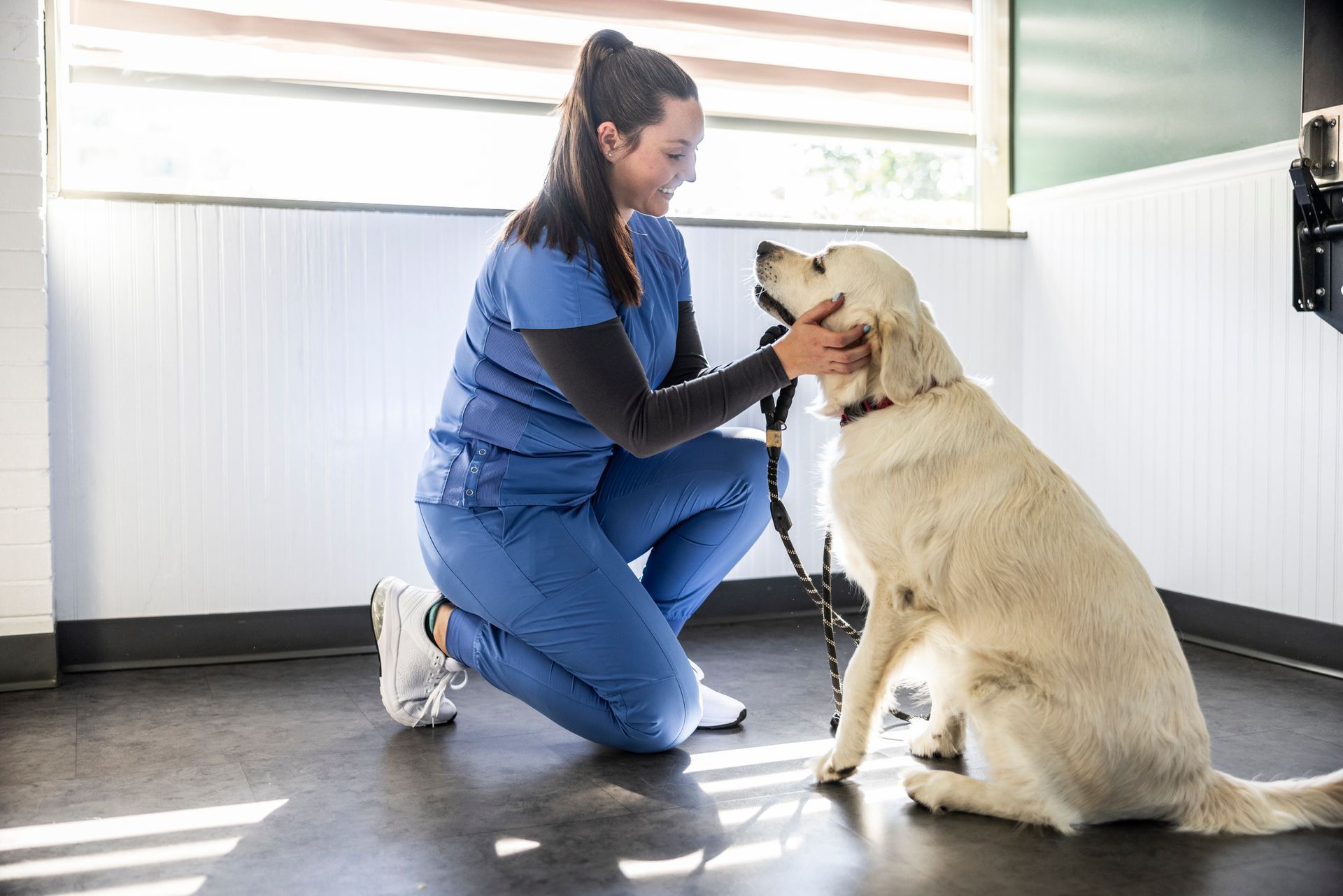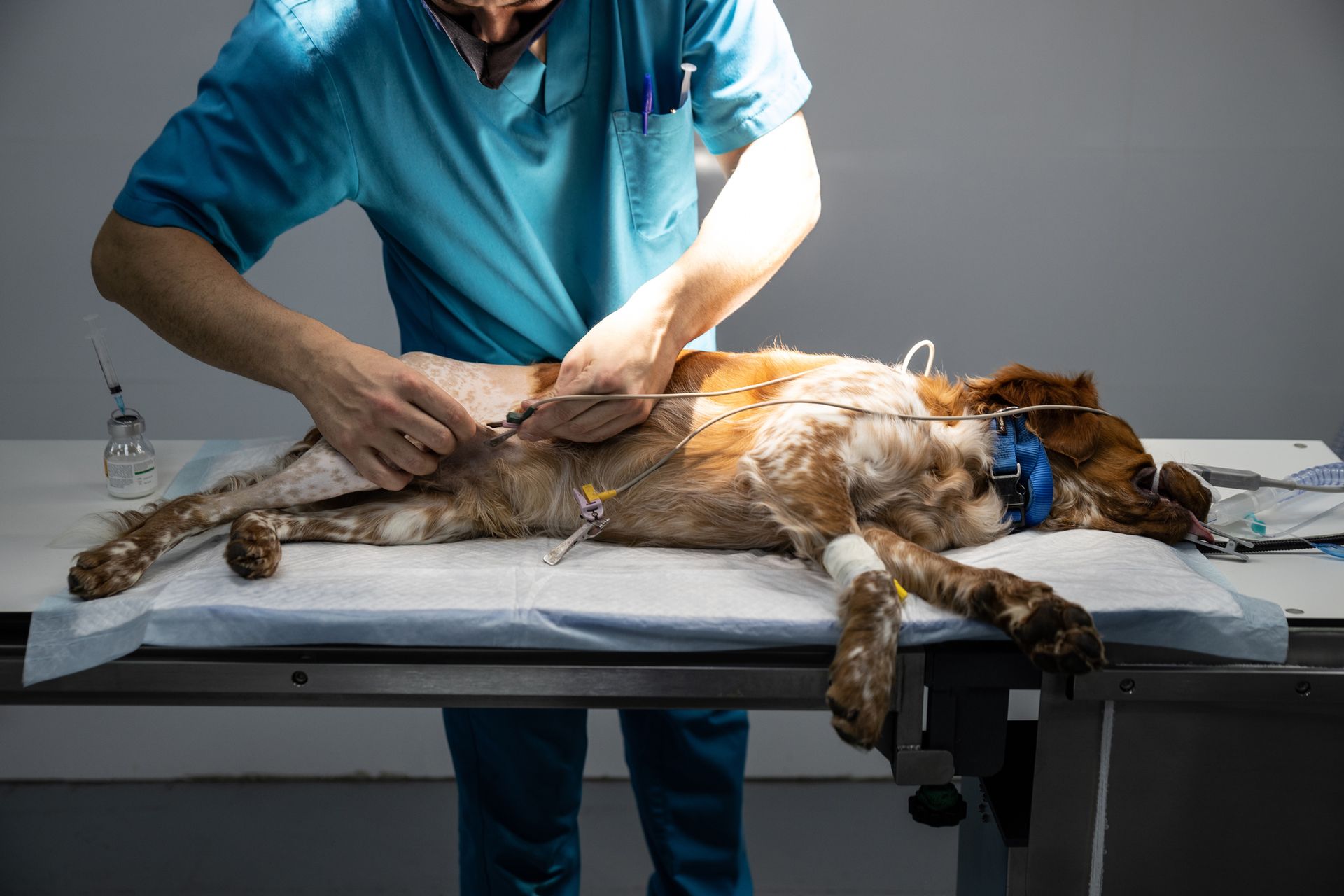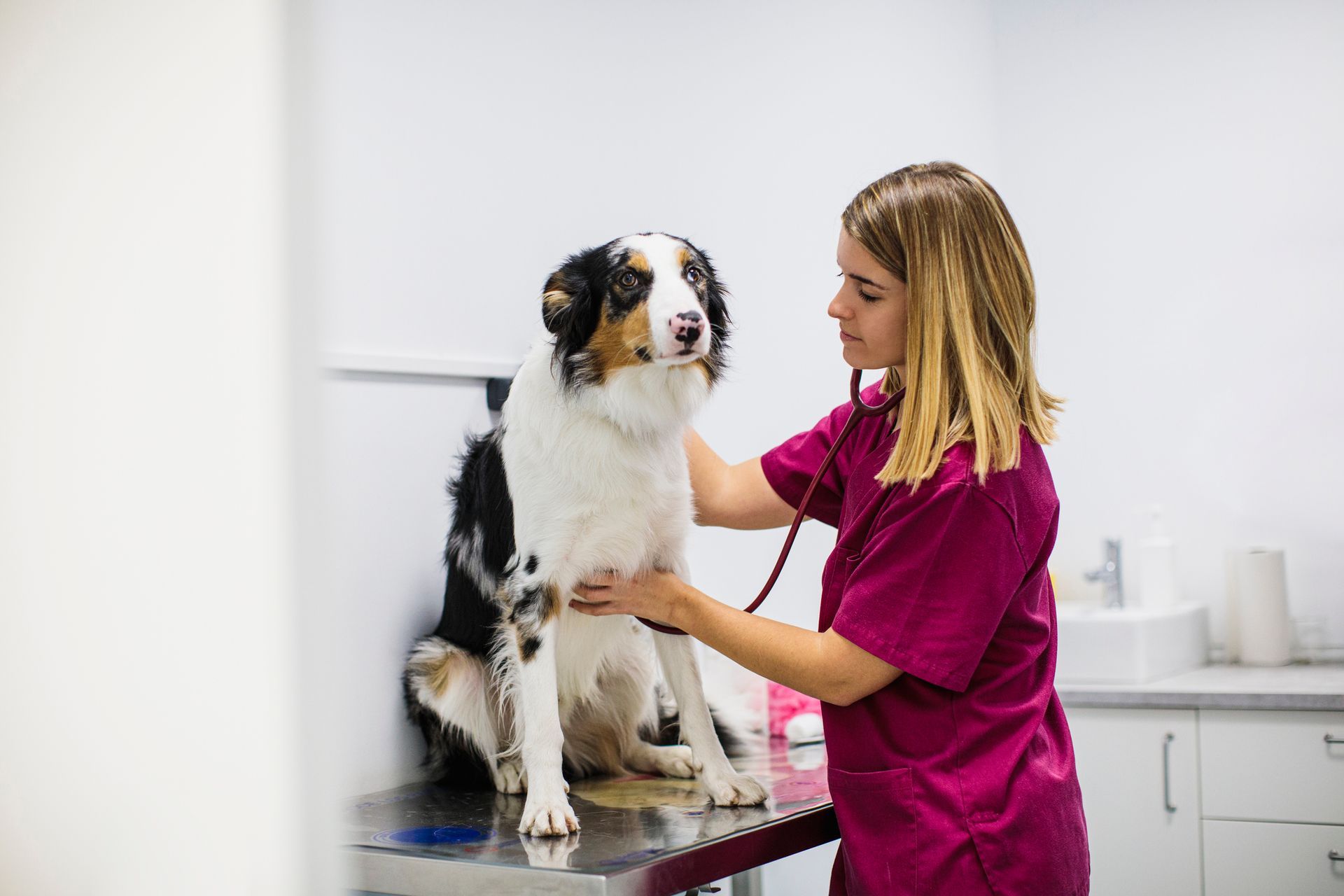6 of the Most Common Dog Injuries

Dogs are fun-loving creatures that like to explore the world. But jumping, running, and playing can injure your dog. Although you can manage some of the injuries at home, serious injuries require the immediate attention of a vet. Here is a closer look at the most common dog injuries.
1. Foreign Object Ingestion
Dogs will want to eat anything, including objects that aren't food. For example, your dog might swallow sand, shoes, broken glass, and rocks. Foreign object ingestion can be fatal, particularly since some items are not digestible. The dog may also experience pain and injuries when defecating a sharp object.
2. Drug Overdose
Many pet owners often rush to provide medications to their pets to lessen the pet's pain. In the process, their pets might consume medication meant for humans. Other common mistakes are using the medication without a veterinarian's prescription or one that can cause allergic reactions. The medication may lead to complications and even death.
Always keep human medication out of reach of your pets, preferably in a tightly sealed container or bottle. If you believe your dog has ingested the wrong medication, consult your vet immediately.
3. Eye Injuries
Eye injuries are common, especially among dog breeds with short noses and round heads. The injuries occur during dog fights, running into furniture, and normal outdoor playing. A cat may also scratch your dog’s eye.
Symptoms of eye trauma can range from mild abrasions and scratches to severe perforations and corneal ulcers. Eye injuries also have the potential to cause bleeding, redness, swelling, and splinting in the eye.
4. Poisoning
Keep an eye on the houseplants growing around and inside your house, as some of them may have toxic substances. The toxicity can cause poisoning or even death to your dogs. To create a safe and healthy environment for your pet, ensure dangerous and toxic plants are not within reach of your dogs.
Also, various substances, such as cleaning liquids and human food, can be dangerous to a wandering and adventurous dog. If you think your dog has ingested a poisonous or toxic substance, don't force the pet to vomit it. Instead, reach out to a veterinarian for emergency services.
5. Broken or Torn Nails
Certain fabrics and rough play can cause the pet's toenails to break and tear. If this occurs, the pets will bleed or start limping. Torn or broken nails are quite painful and often happen in the oddest ways or places.
If your dog has a torn nail, use special dog clothes to alleviate the pain. The bleeding often stops within a few minutes, even if the nail has completely torn off.
But if the bleeding fails to stop soon after the injury, head to the vet. The vet will trim the nails and sedate your dog if necessary. Veterinarians also provide medication to prevent infections, but you must always keep a close watch to detect foul smells and infections.
6. Bite Wounds
Bite wounds in dogs occur when your dog fights with other animals, such as cats or other dogs. Wounds from animal fights can cause your dog to whimper, limp, and bleed. In some cases, dog fights can cause visible open wounds, pain, and shock. Failure to address the wounds can cause abscesses, which are life-threatening.
If your dog has an injury, call a veterinarian immediately. Thankfully, South Seattle Veterinary Hospital can take a look at your pet's injury and diagnose the problem. We will then treat your dog and do follow-up care until the injury heals completely. Contact us to know how we can help your dog with its injury and other health concerns.










